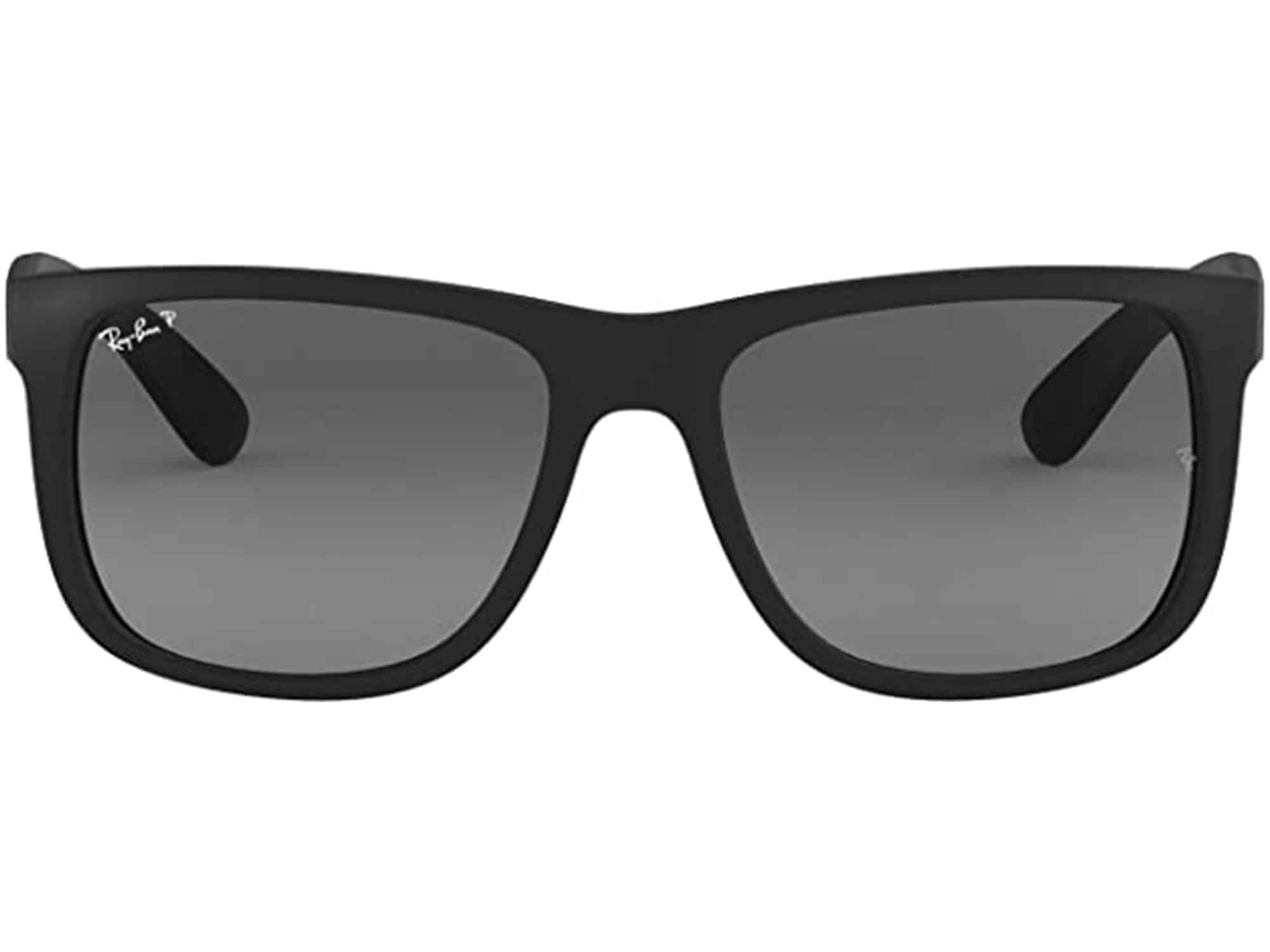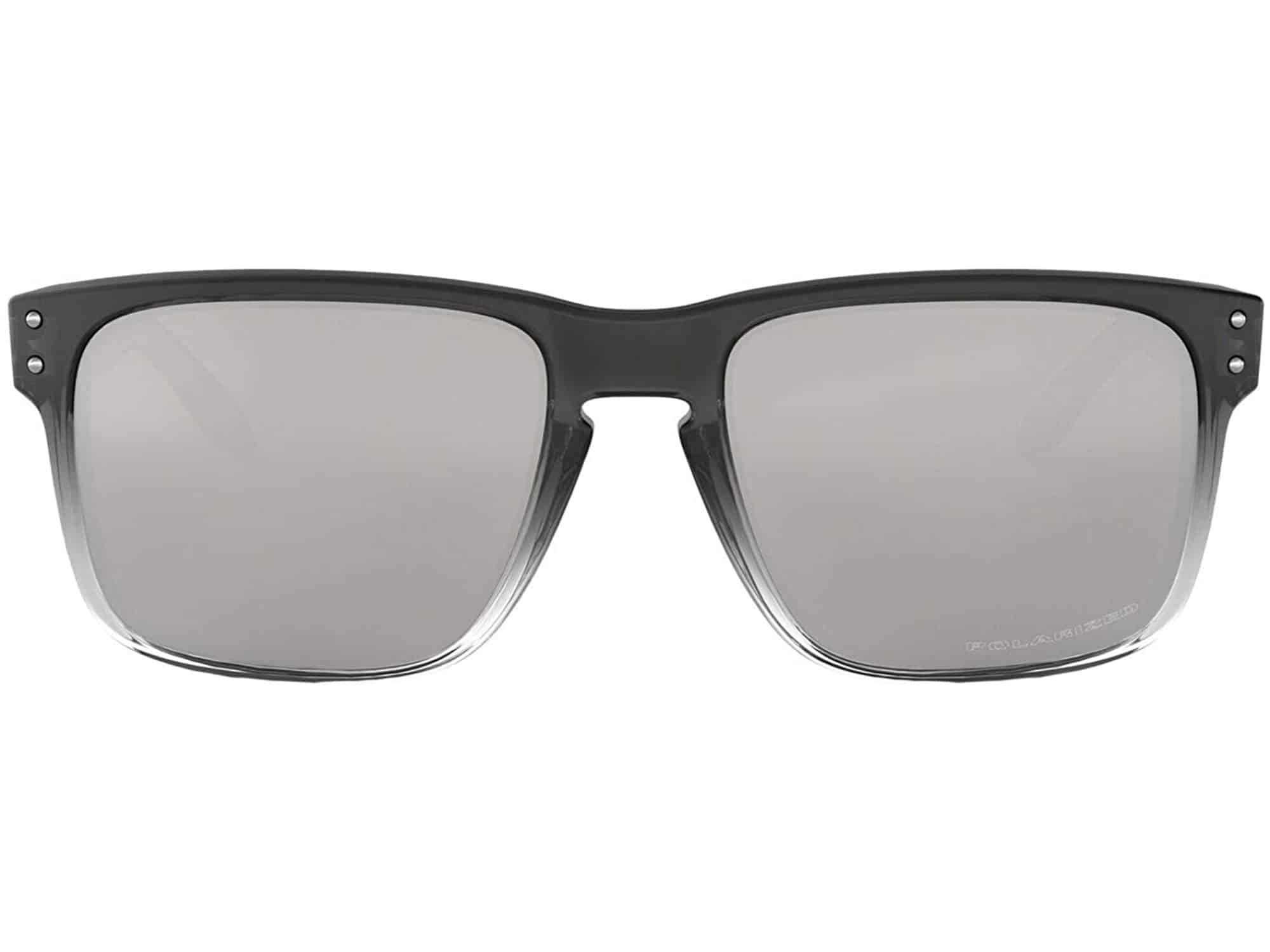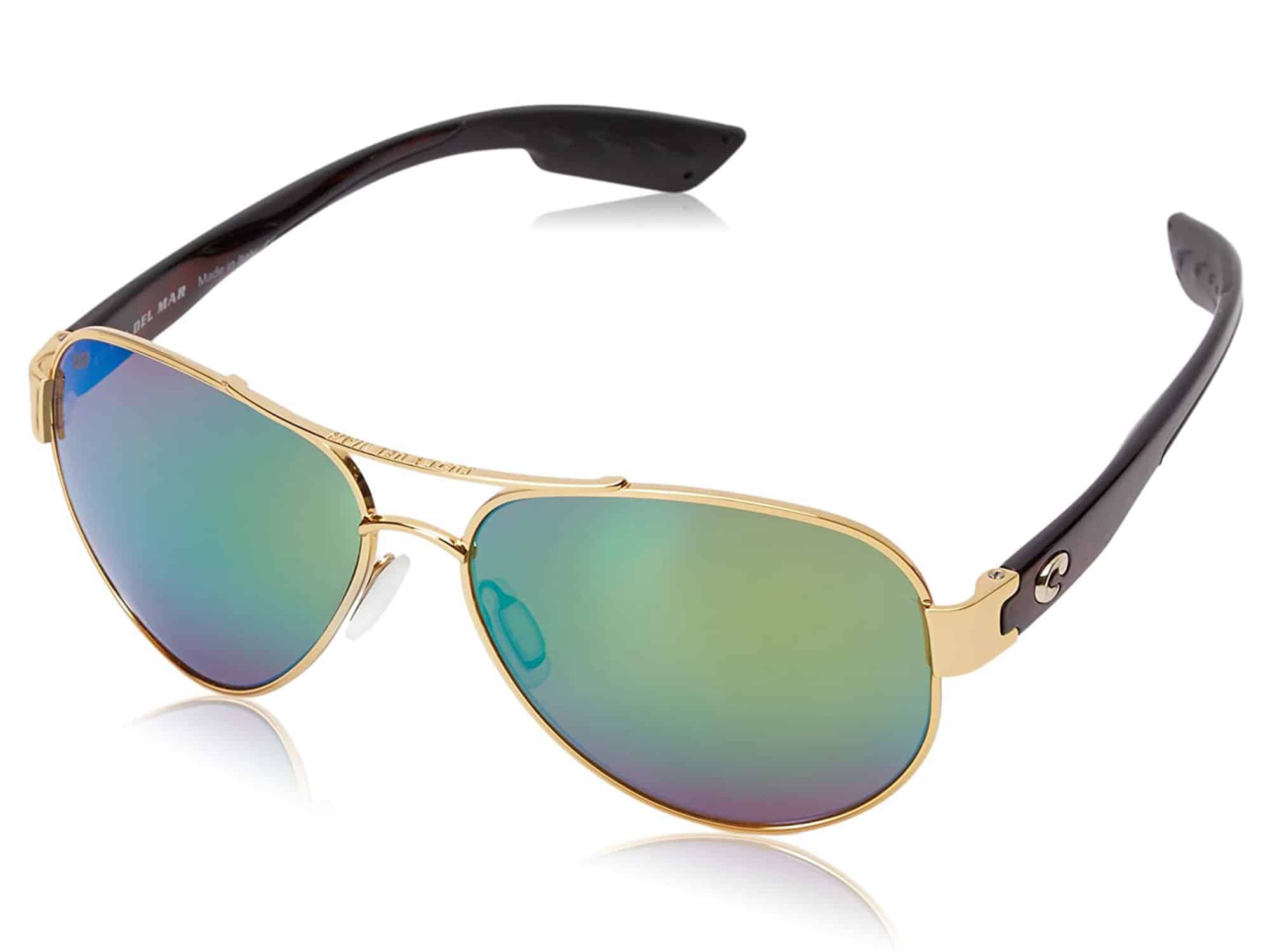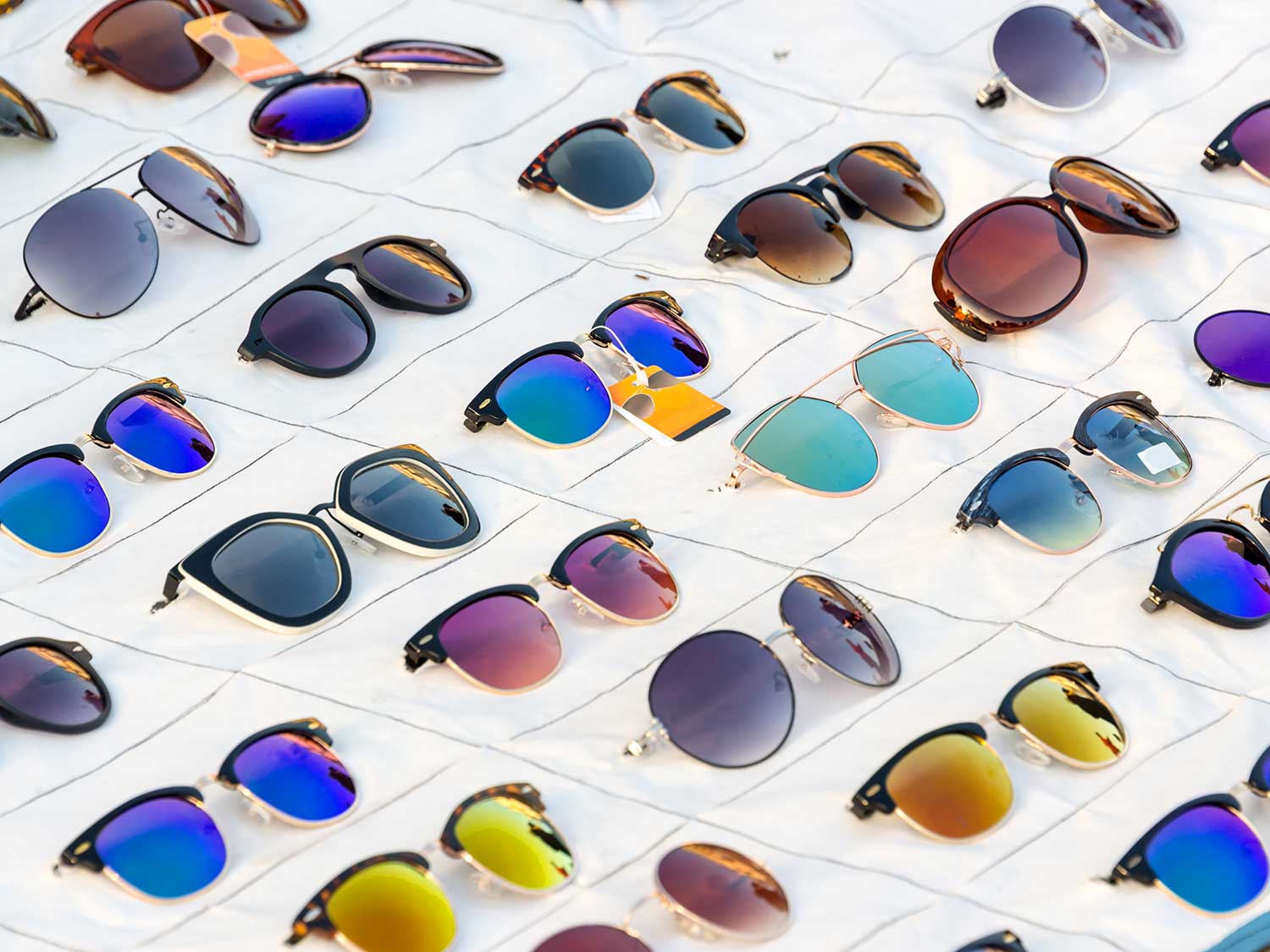Three Things To Know When Shopping For Polarized Sunglasses
Look good and, of course, protect your eyes.
We may receive a commission on purchases made from links.
Sunglasses are eternally stylish, but they also are supposed to serve a purpose, namely protecting your eyes from glare, UV radiation, and other distractions. Polarization is a key method of dimming glare while still being able to see. When shopping for a pair, here's what you need to know.

"Polarization" isn't just a fun buzzword. The light we see unfiltered is like a classroom full of sugared-up first-graders; it bounces off surfaces in a chaotic mess. Polarization forces light into neat little lines that allow you to see while letting in more light; standard tinted glass just reduces overall light. Polarization helps reduce eye fatigue in bright environments, like the sun reflecting off the ocean, or off the excessively polished car in front of you in traffic.

"Polarized" also doesn't mean "UV protective." Just like ultraviolet rays are bad for your skin, they can cause long-term retinal damage. This is part of why looking straight at the sun is a bad idea. Look for glasses that protect against UV-A, B, and C rays. If they filter out the blue spectrum, consider that a bonus: Over the long term, that's not good for your eyes, either.

None of this, however, means you have to sacrifice style for function. Glasses should be comfortable to wear for long periods of time, especially on pressure points like the bridge of your nose and the tops of your ears, and they should also look good on your face. After all, they don't work if you don't want to wear them.
